Description
What is mobile food vending truck
Firstly, A Mobile vending machine truck, also known as a food truck or mobile kitchen, is a vehicle equipped with cooking facilities and food preparation equipment that is used to sell and serve food on the go.
These trucks are typically converted from commercial vehicles, such as vans or trucks, and are designed to be mobile and self-contained.
Food truck near me
Food trucks have gained popularity in recent years as a convenient and often affordable alternative to traditional brick-and-mortar restaurants.
They offer a wide variety of cuisines and menu options, ranging from gourmet burgers and tacos to ethnic foods, desserts, and specialty items.
Food truck operators can move their trucks to different locations, such as street corners, parking lots, festivals, or events, to reach a larger customer base.
Mobile Food Vending Trucks for sale
Secondly, Mobile food vending trucks often feature a serving window or counter where customers can place their orders and receive their food.
The interior of the truck is equipped with cooking appliances like grills, fryers, ovens, refrigeration units, and storage spaces for ingredients and utensils. Some food trucks also have seating areas or outdoor tables for customers to enjoy their meals.
Mobile Ice Cream Vending Machine Truck
In addition, Food trucks provide flexibility for entrepreneurs and chefs to start their own food businesses with lower initial costs compared to opening a traditional restaurant.
Furthermore, They offer a unique dining experience by bringing food directly to customers in various locations, making them a popular choice for street food enthusiasts and those looking for convenient and diverse food options.
How Beneficial is Mobile food Vending truck to the society
More to that, Mobile vending machine truck can be highly beneficial to society in several ways:
1. Accessibility: Food trucks bring food options to areas where traditional restaurants may be limited or non-existent.
They can cater to underserved neighborhoods, office complexes, construction sites, parks, and other locations, providing access to a variety of cuisines and meals.
2. Entrepreneurship and Job Creation: Food trucks provide an avenue for aspiring entrepreneurs and chefs to start their own businesses with lower startup costs compared to brick-and-mortar restaurants.
This fosters innovation, creativity, and economic growth. Food truck operations also create job opportunities, such as chefs, cooks, drivers, and service staff.
3. Culinary Diversity: Food trucks often specialize in specific types of cuisine or unique food offerings, introducing new flavors and culinary experiences to communities.
They contribute to the diversity of food options available, allowing people to explore different tastes and cultural dishes.
4. Community Engagement: Food trucks can act as gathering points and contribute to a sense of community. They often participate in local events, festivals, and food truck rallies, bringing people together and fostering social interactions.
They can also partner with local organizations, schools, or charities to support community initiatives.
5. Flexibility and Adaptability: Mobile food vending trucks can quickly respond to changes in demand and cater to different locations or events. They can adapt their menus and offerings based on customer preferences and feedback.
This flexibility allows them to experiment with new concepts and adjust to evolving trends.
6. Revitalizing Spaces: Food trucks can help activate underutilized or vacant spaces, such as empty lots or industrial areas, by attracting people and creating a vibrant atmosphere.
This can contribute to urban revitalization and the overall appeal of a neighborhood.
7. Environmental Considerations: Food trucks can incorporate eco-friendly practices, such as using renewable energy sources, reducing food waste, and implementing sustainable packaging options.
Buy Mobile Vending Machine Truck
More to that, Some food trucks also focus on sourcing local, organic, or ethically produced ingredients, promoting environmentally conscious dining choices.
Overall, mobile food vending trucks provide numerous benefits to society, ranging from increased food accessibility and culinary diversity to entrepreneurship opportunities and community engagement.
They add vibrancy to local communities and offer a convenient and unique dining experience for people of all backgrounds.
Specifications of Mobile Food Vending Truck:
Best food truck:
The specifications of a Mobile vending machine truck can vary depending on the specific design and requirements of the operator.
However, here are some common specifications and features often found in food trucks:
1. Size and Dimensions: Food trucks come in various sizes, typically ranging from 14 to 30 feet in length and 6 to 8.5 feet in width. The height can vary depending on the truck model and any additional roof-mounted equipment.
2. Cooking Equipment: Food trucks are equipped with cooking appliances suitable for the menu items being served. This can include grills, fryers, ovens, stovetops, steamers, and other specialized equipment.
The specific configuration depends on the type of cuisine and the chef’s cooking requirements.
3. Refrigeration and Storage: Food trucks have refrigeration units to store perishable ingredients safely. This includes refrigerators and freezers of various sizes. They also have storage compartments and shelves for dry goods, utensils, and supplies.
4. Water and Plumbing System: A food truck typically has a water storage tank for clean water and a wastewater tank to collect gray water.
The plumbing system includes sinks for handwashing, food preparation, and dishwashing. Some food trucks may also have hot water heaters.
5. Power Source: Food trucks require a power source to operate their equipment. This can be achieved through electrical connections to external power outlets or by using generators.
Some trucks may incorporate alternative power sources such as solar panels or propane for specific appliances.
6. Serving Window/Counter: Food trucks feature a serving window or counter where customers can place their orders and receive their food. This area is designed to be functional and convenient for both customers and staff.
7. Ventilation System: Proper ventilation is crucial in a food truck to remove cooking odors, smoke, and excess heat. Ventilation systems typically include exhaust hoods, fans, and ductwork to ensure a safe and comfortable environment inside the truck.
8. Lighting and Electrical Outlets: Adequate lighting is essential for food preparation and service. Food trucks are equipped with interior and exterior lighting fixtures.
Moreover, They also have electrical outlets to power additional equipment like cash registers, POS systems, and other electrical devices.
9. Exterior Design and Branding: Food trucks often have an eye-catching exterior design and branding to attract customers.
This can include colorful wraps, signage, logos, and menu boards that reflect the truck’s identity and cuisine.
Conclusively, It’s important to note that food truck specifications may also be subject to local health and safety regulations and requirements, which can vary depending on the jurisdiction.
Operators need to comply with these regulations to ensure food safety and the proper operation of their mobile food business.
Factors Affecting Mobile Vending Truck
In addition, Several factors can affect the success and operation of a Mobile vending machine truck. Here are some key factors to consider:
1. Location: The choice of location can significantly impact the success of a food truck. Factors to consider include foot traffic, proximity to target customers (e.g., office buildings, residential areas, event venues), parking availability, and local regulations regarding food truck operations.
2. Target Market: Understanding the target market is crucial for a food truck business. Consider the demographics, preferences, and eating habits of the target customers in the chosen location.
Adapting the menu and offerings to cater to the tastes and dietary preferences of the target market can help attract more customers.
3. Menu and Pricing: The menu plays a significant role in the success of a food truck. Offering a diverse and appealing menu that stands out from competitors can attract customers.
The pricing should be competitive and align with the value provided. Balancing profitability with affordability is essential.
4. Marketing and Branding: Effective marketing and branding strategies can help create awareness and build a loyal customer base. Utilize social media platforms, websites, and local advertising to promote the food truck.
Developing a unique brand identity, logo, and visual aesthetics can also help in attracting customers and building recognition.
5. Quality and Consistency: Providing high-quality food and maintaining consistency in taste and presentation are crucial for customer satisfaction and repeat business.
Using fresh ingredients, maintaining food safety standards, and training staff on food preparation and hygiene practices are essential for maintaining quality.
6. Operational Efficiency: Efficient operations are essential for a mobile vending truck. This includes optimizing the workflow, ensuring quick service, managing inventory effectively, and streamlining the ordering and payment process.
Efficient logistics and route planning can also minimize downtime and maximize productivity.
7. Customer Service: Exceptional customer service can set a food truck apart from the competition. Friendly and attentive staff, prompt service, and responsiveness to customer feedback and concerns contribute to a positive customer experience.
8. Seasonality and Weather: Seasonal variations and weather conditions can impact the demand for food trucks. Consider the local climate and plan for seasonal menu adjustments or targeted marketing efforts during specific seasons or weather conditions.
9. Regulatory Compliance: Food truck operators must comply with local health, safety, and licensing regulations.
This includes obtaining necessary permits, following food handling and sanitation guidelines, and maintaining required documentation. Failure to comply with regulations can result in fines, penalties, or closure of the business.
10. Competition: Assess the competitive landscape in the chosen location. Understand the offerings, pricing, and popularity of other food trucks and traditional restaurants in the area. Differentiate the food truck by offering unique cuisine, flavors, or innovative menu items.
References to the study of Mobile Food Vending Truck
Furthermore, While I don’t have direct access to external references, I can provide you with some general sources where you can find information and studies related to mobile food vending trucks:
Mobile Vending Machine Truck Near Me
1. Academic Journals: Scholarly journals in fields such as hospitality management, food studies, urban planning, and entrepreneurship often publish research papers on various aspects of food trucks.
In addition, Some relevant journals include the Journal of Hospitality Marketing & Management, Journal of Foodservice Business Research, and Journal of Urbanism.
2. Research Reports: Market research firms and organizations often conduct studies and publish reports on the mobile food industry, including food truck trends, market analysis, and consumer behavior.
Examples of such reports include those by IBISWorld, Technomic, and Euromonitor International.
3. Government and Municipal Websites: Local government websites and municipal departments responsible for permits and regulations often provide information on the requirements and guidelines for operating a food truck.
4. Industry Associations and Organizations: Associations and organizations dedicated to the mobile food industry may have resources and studies available on their websites.
Examples include the National Food Truck Association, the Street Food Institute, and the Institute for Justice’s Food Truck Freedom initiative.
5. Books and Publications: There are books and publications that cover the topic of mobile food vending trucks. “Food Truck Business 101: The Essential Guide to Starting and Succeeding in the Food Truck Industry” by Brett Lindenberg and “The Food Truck Handbook:
Start, Grow, and Succeed in the Mobile Food Business” by David Weber are two examples that provide insights and guidance for aspiring food truck entrepreneurs.
Conclusion :
In conclusion, Mobile vending machine truck offer numerous benefits to society, including increased food accessibility, entrepreneurship opportunities, culinary diversity, community engagement, flexibility, and environmental considerations.
These trucks bring food options to underserved areas, provide unique dining experiences, and contribute to local economies.
However, the success of a mobile vending truck depends on various factors such as location, target market, menu, pricing, marketing, operational efficiency, customer service, regulatory compliance, seasonality, weather, and competition.
In a nutshell, By considering and addressing these factors, mobile vending truck operators can maximize their chances of success and make a positive impact in their communities.

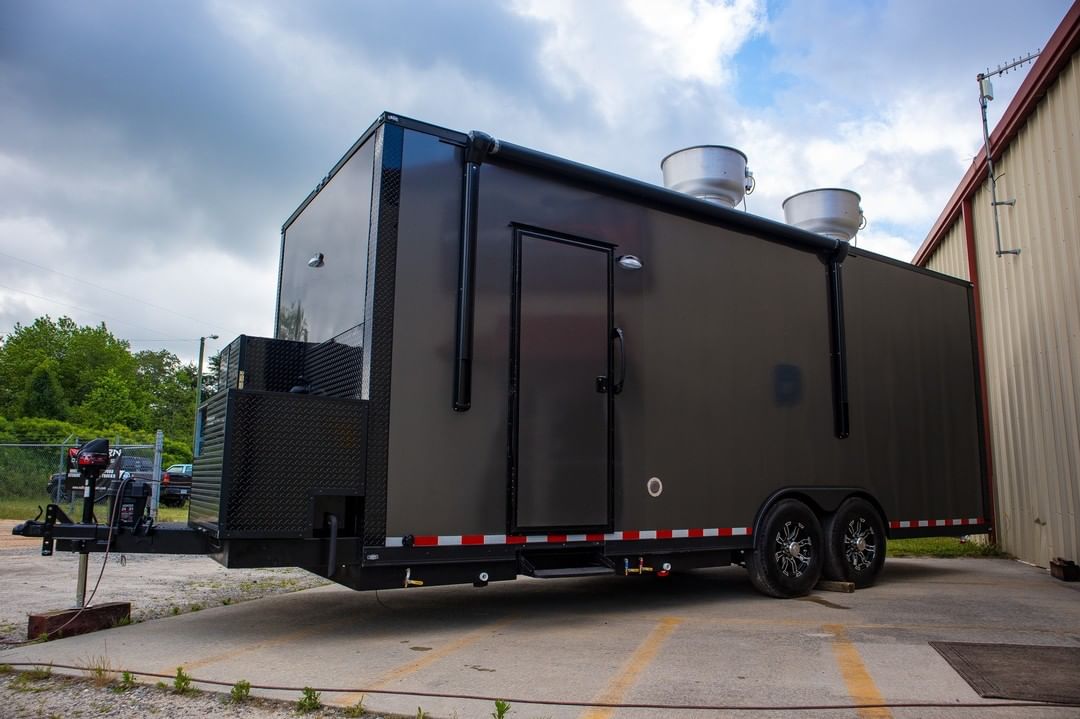
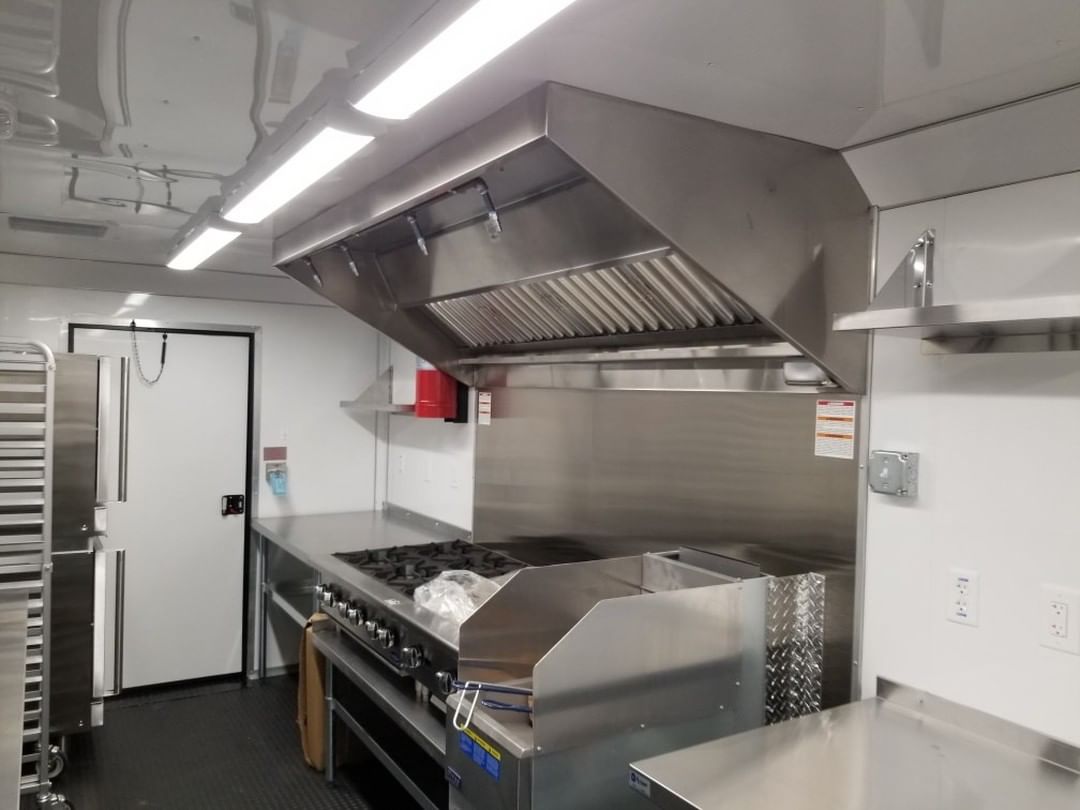
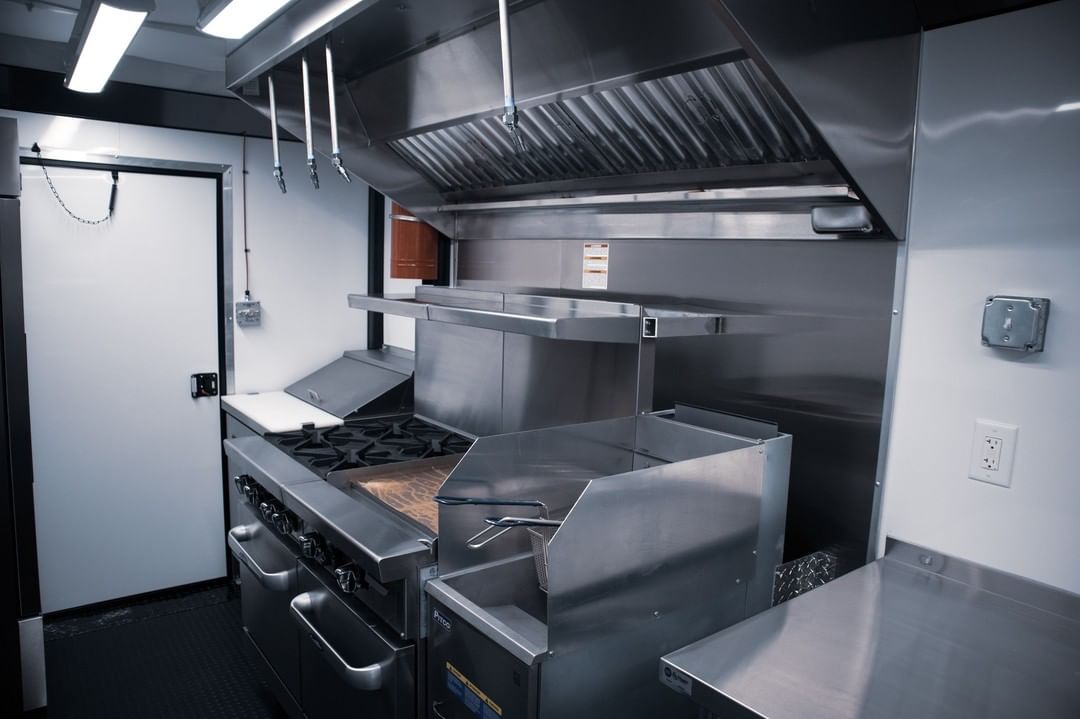
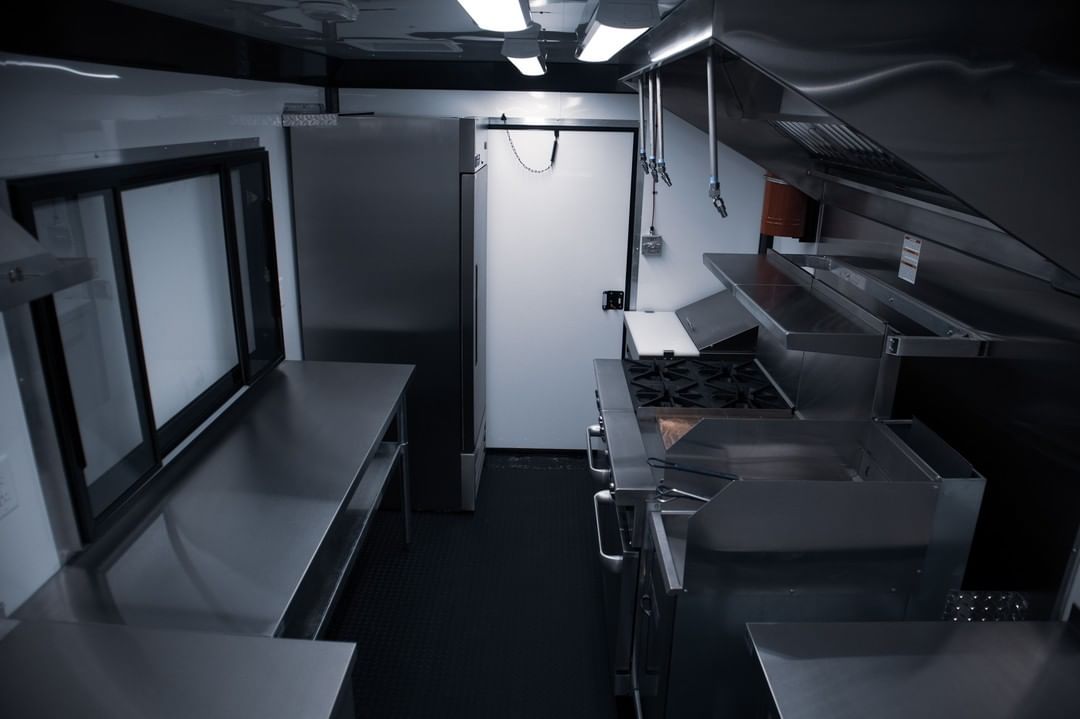
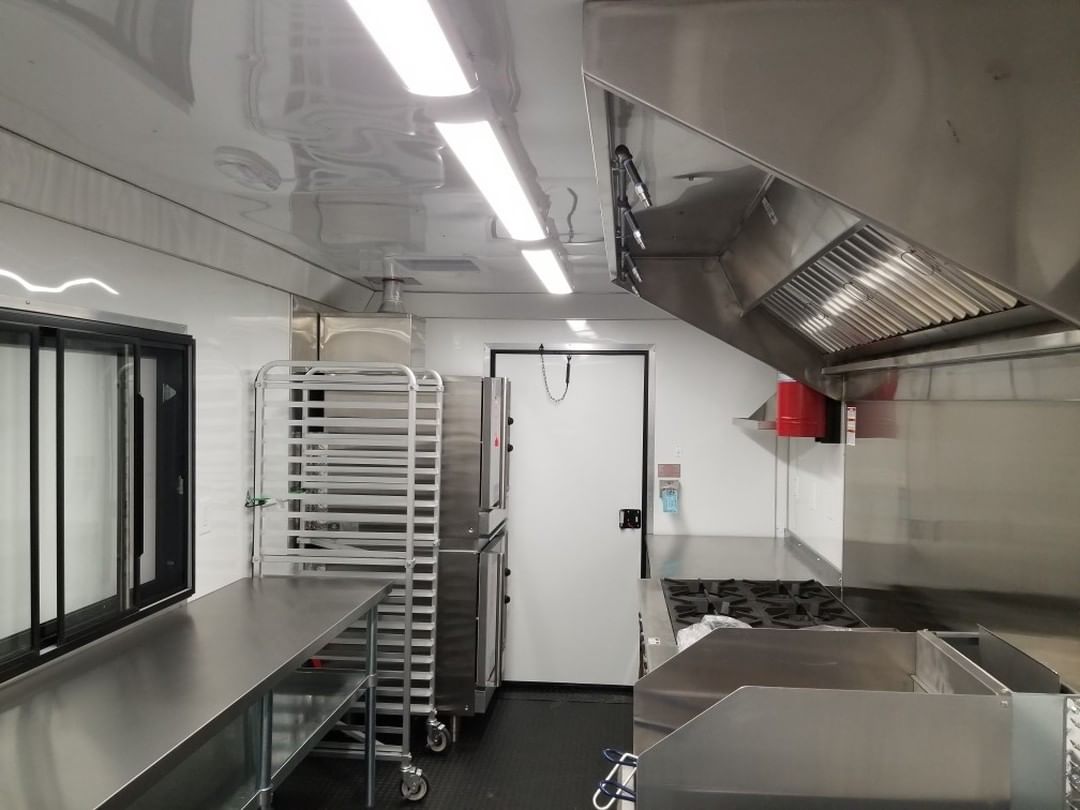
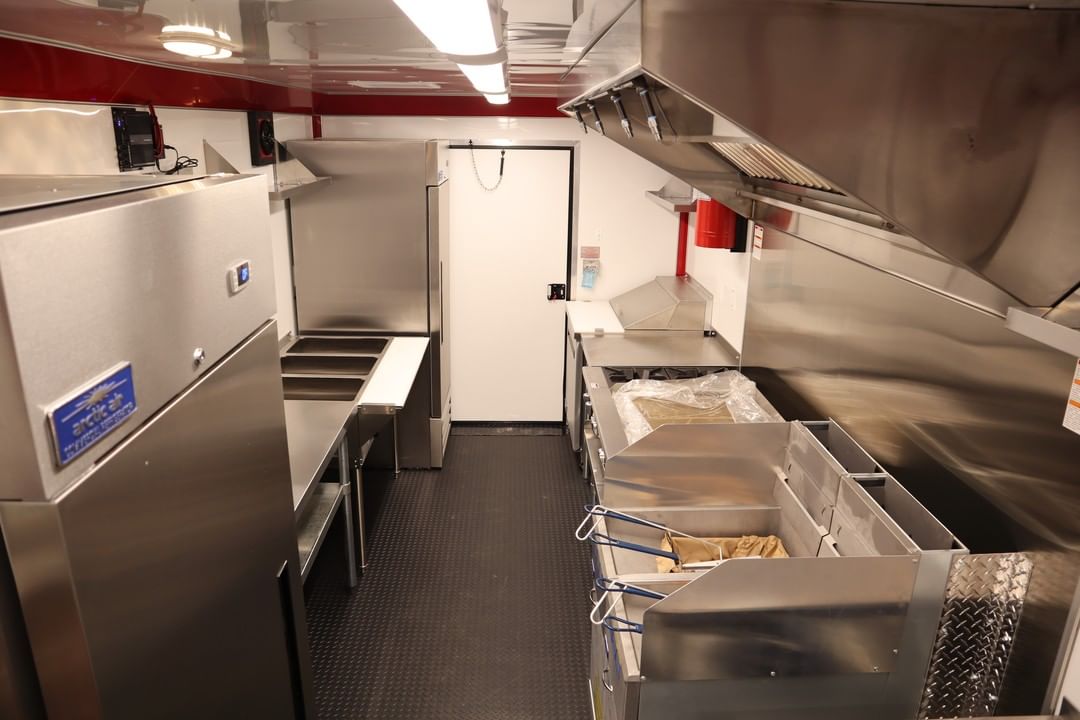
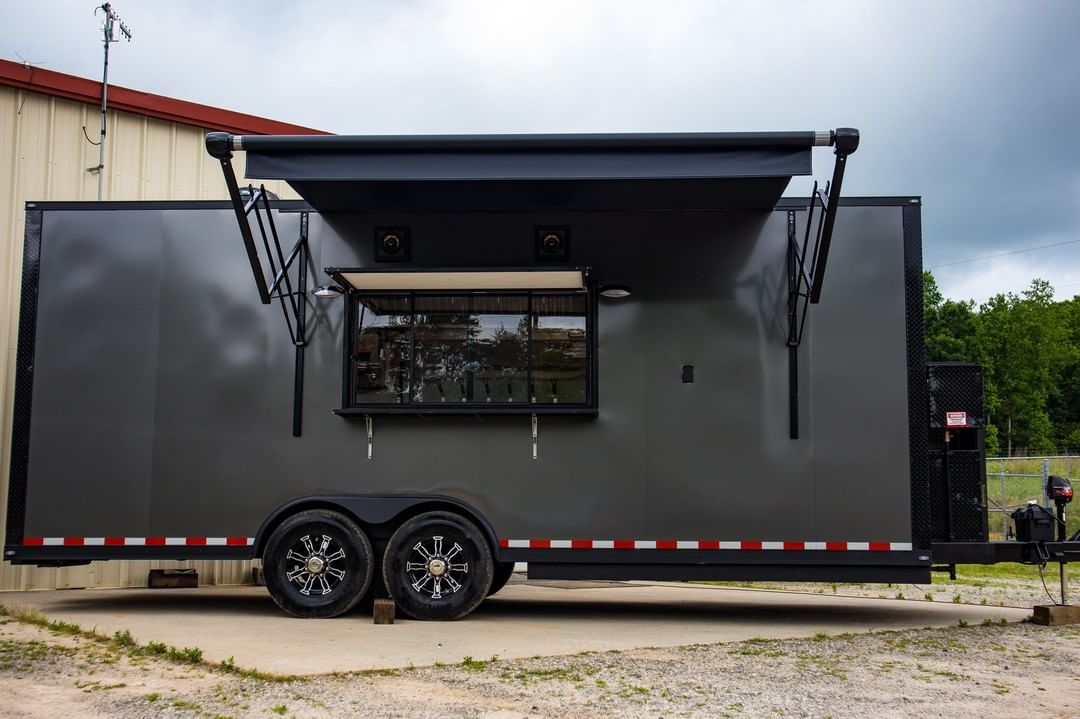
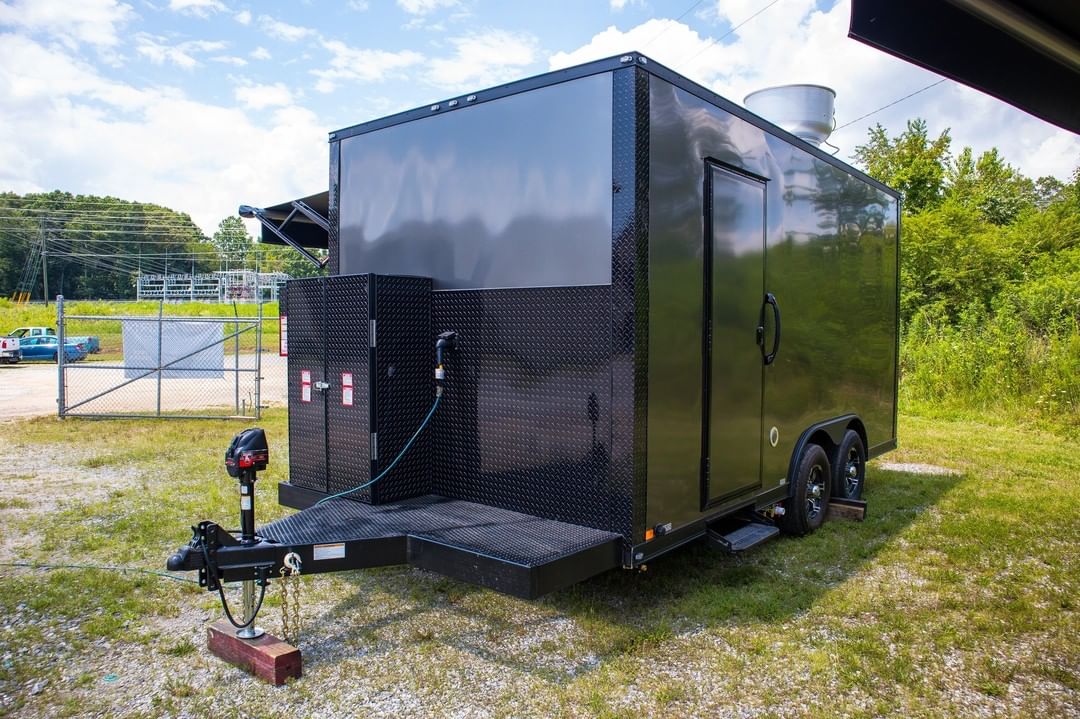
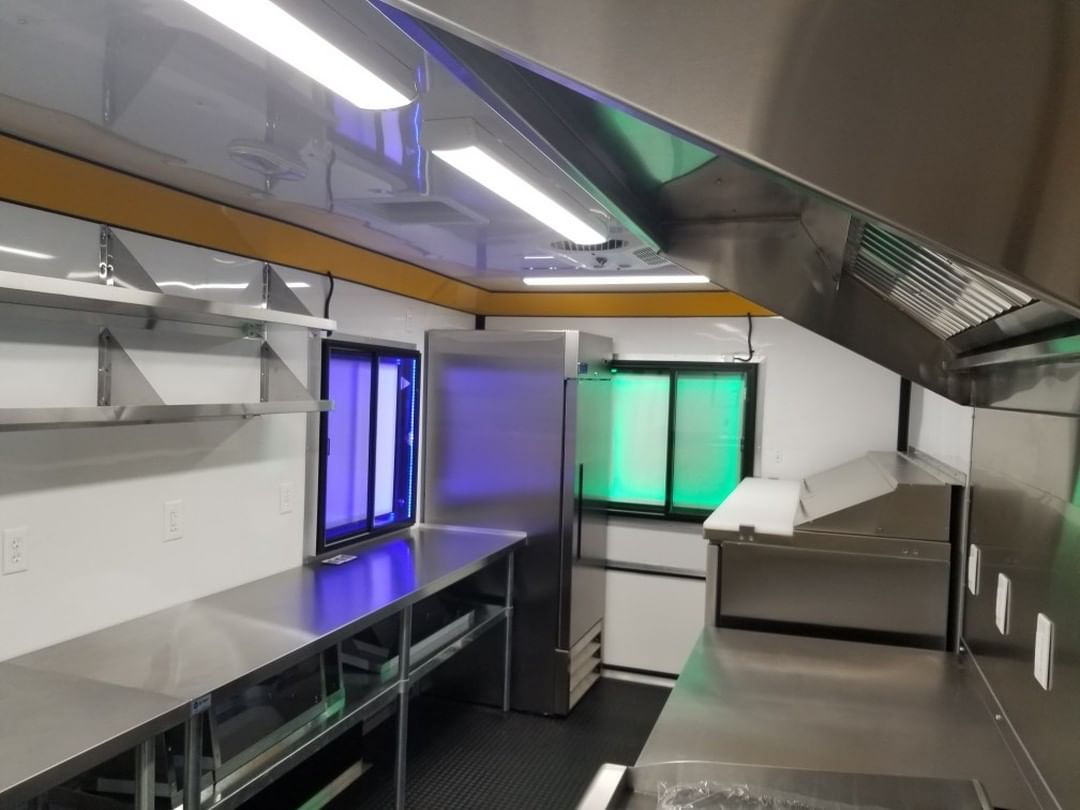
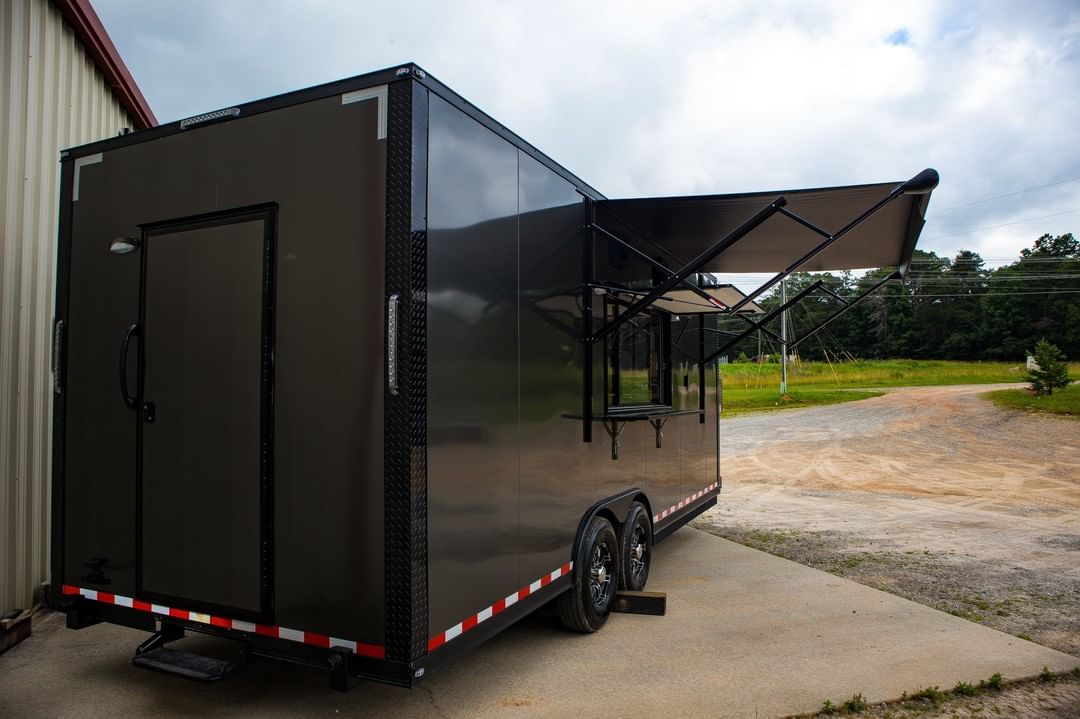


Reviews
There are no reviews yet.